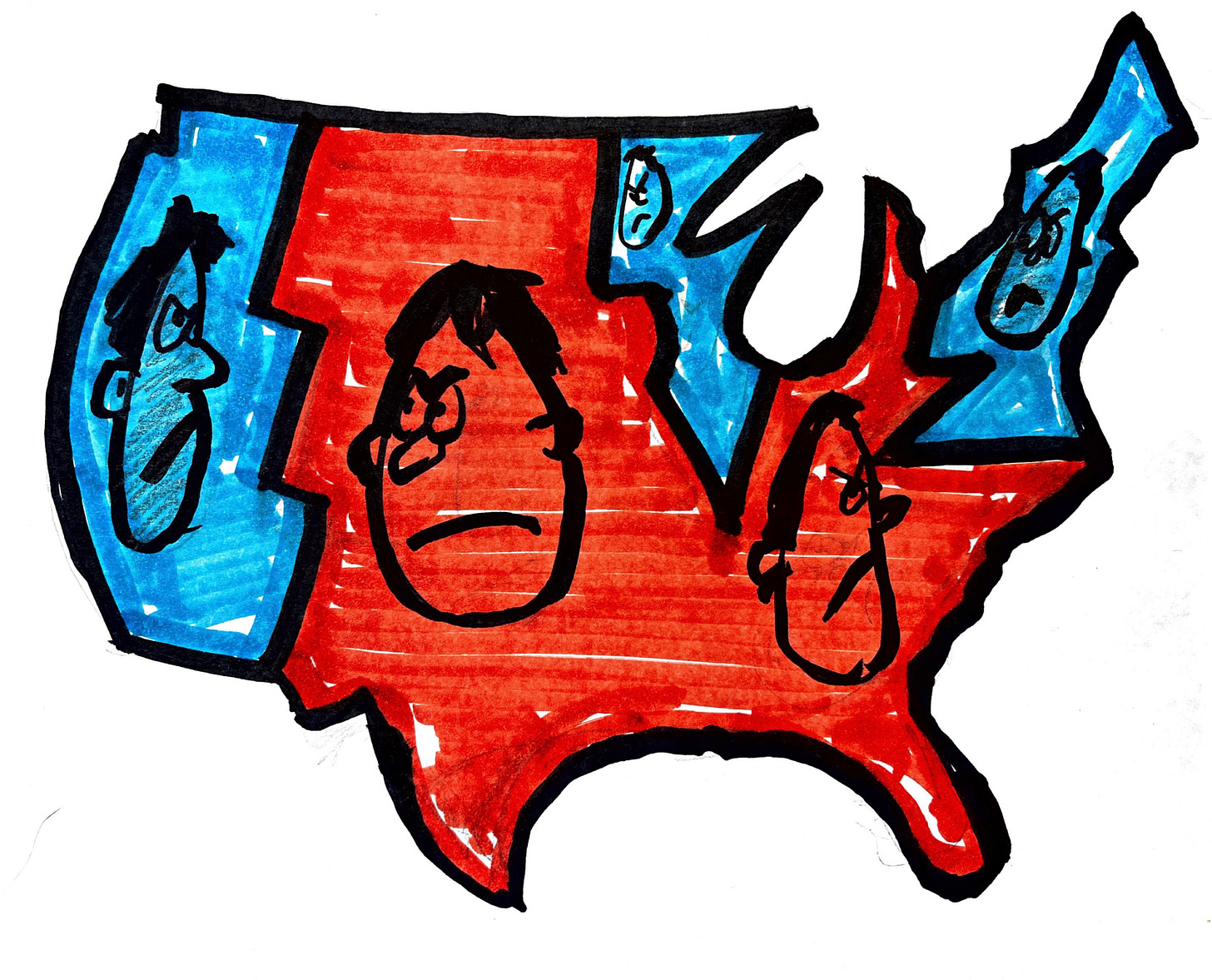Friends.
In the wake of last week’s murder of Charley Kirk, the phrase “civil war” has spiked on social media and in Google searches. Trump has blamed the left for what he says was “savage rhetoric” leading to Kirk’s death and has vowed to go after “those who contributed to this atrocity.”
Democrats and Republicans in Congress have lashed out at each other and are ever more fearful for their own safety. People who castigated Kirk and his views have been targeted and exposed by right-wing influencers.
One historian told me that our current political moment parallels the 1850s, in the lead-up to the Civil War — including the deployment of troops to American cities, widespread disillusionment with the Supreme Court, and spasms of political violence, especially from disaffected young men.
“What we call polarization, they called sectionalism, and in the 1850s there was a growing sense that the sections of the country were pulling apart,” said Matthew Pinsker, a historian at Dickinson College.
One study found that half of Americans expect a second civil war to happen “in the next few years,” even if the specifics vary according to one’s politics and imagination.
On the other hand, unlike the Civil War of 1861-1865, no particular issue — like slavery was then — pulls the nation apart. While immigration, crime, abortion, and LGBTQ+ rights are controversial, none of these seem to elicit the anger and passions that might generate civil war.
Nor are we enduring an economic calamity, pandemic, world war, or other national cataclysm that might force Americans to take sides.
This post has been syndicated from Robert Reich, where it was published under this address.

